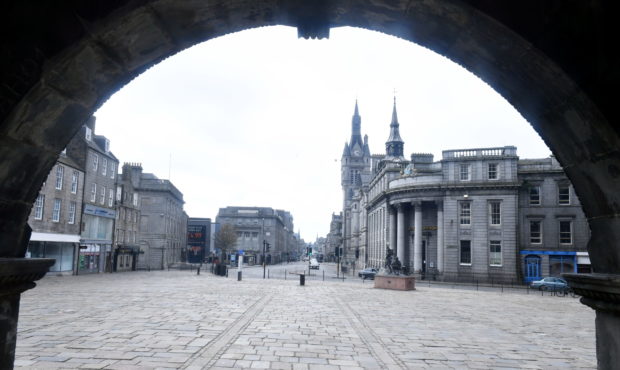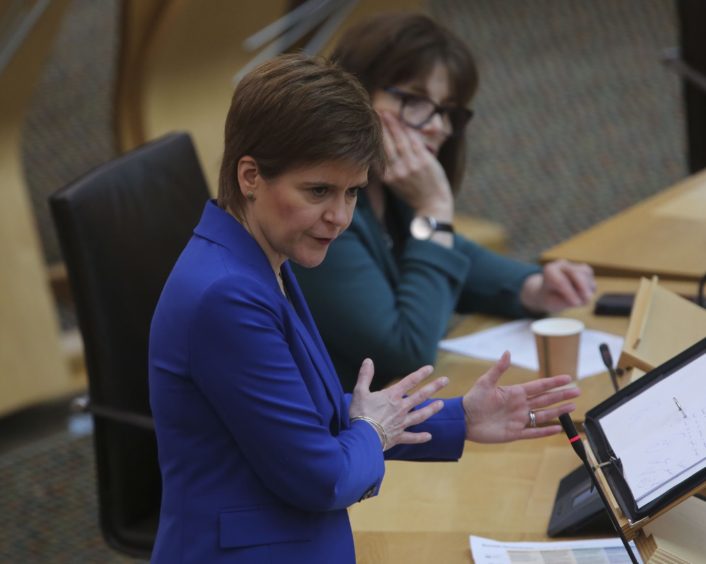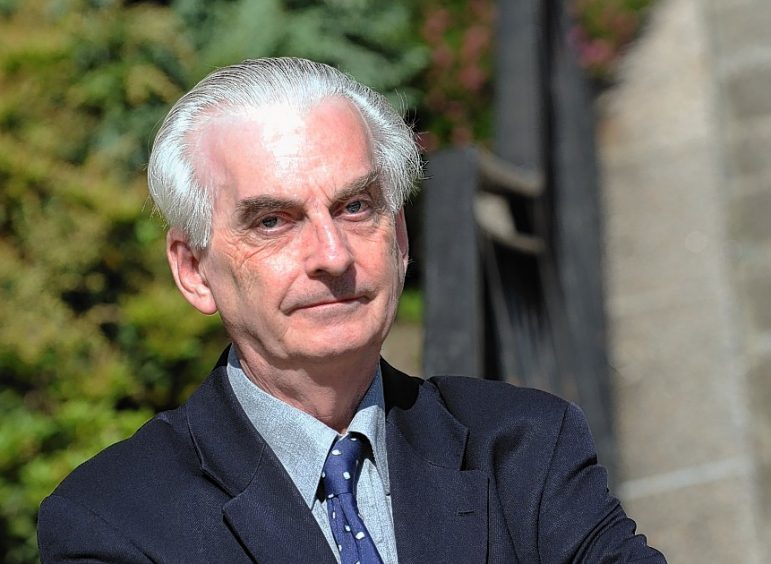Professor Hugh Pennington has suggested that Nicola Sturgeon’s “very cautious” approach to easing lockdown rules could ensure that fewer lives are put in danger.
The former Aberdeen University microbiologist, who was a pro-UK Better Together campaigner in the run-up to the Scottish independence referendum, said you “can’t criticise” the first minister for being slower to reopen schools and end other restrictions.
He said: “She has been playing it safer, so you can’t say that she has been putting lives in danger, in terms of the virus, by doing what she has done.”
However, Prof Pennington did believe that the Scottish Government had generally been following the lead of Sage, the Scientific Advisory Group for Emergencies, and that the longer lockdown period north of the border might have a more negative impact on businesses.
He also said that questions would need to be asked about whether “we could have done better” in preventing the high number of care home deaths.
“It’s obviously a very cautious approach – surprise, surprise – because that has been her line all the time,” the professor said of the Scottish Government’s new “route map”.
Asked about the first minister’s handling of the crisis, Prof Pennington said: “She has really followed the line that Sage, this committee down in London, has been pushing, and she hasn’t really diverted from that, except just being a little bit slower than England… well, I suppose, for example, the main thing being opening schools and, of course, been a good bit slower in allowing people to go and sunbathe and all that kind of stuff.
“Well, at the end of the day, you can’t criticise her for that, although I’m sure the garden centres might.”
While Prof Pennington believed the first minister could not be accused of endangering lives, he added: “On the other hand she may have put some businesses in danger. But it’s very hard to quantify that sort of thing.
“But they have been following a UK line on that. I don’t think her scientific advisers are really telling her anything differently from what Sage, the London-based committee is saying, and they have representatives on it, anyway, and all that kind of stuff.
“My main gripe is not with her or with what London is doing, it’s that I think some of the advice that London has been given has been too much influenced by thinking about influenza, which is a completely different virus.”
Prof Pennington has previously said he believed a second wave of the coronavirus was very unlikely, and that believed such fears were based on contingency planning for a flu pandemic.
Prof Pennington was chair of bacteriology at Aberdeen University from 1979 until his retirement with emeritus status in 2003.


